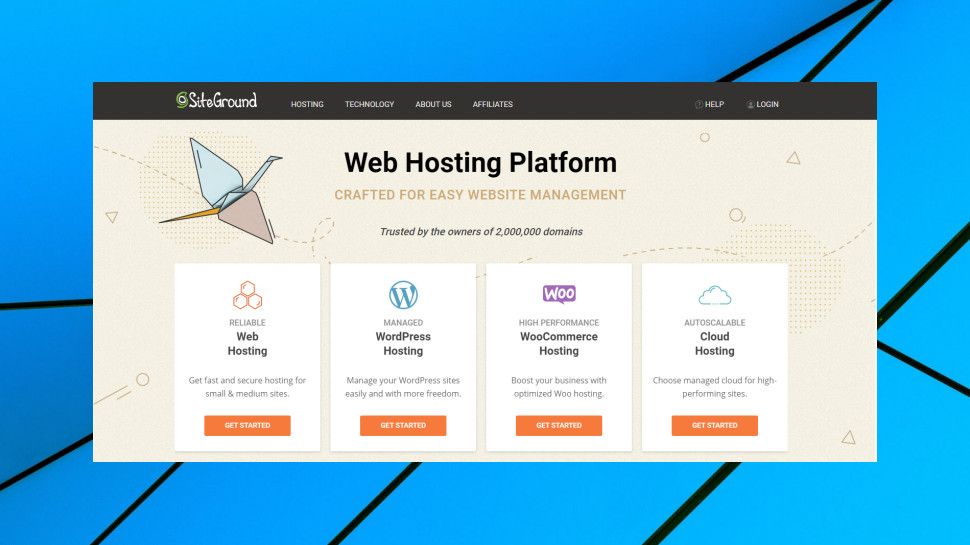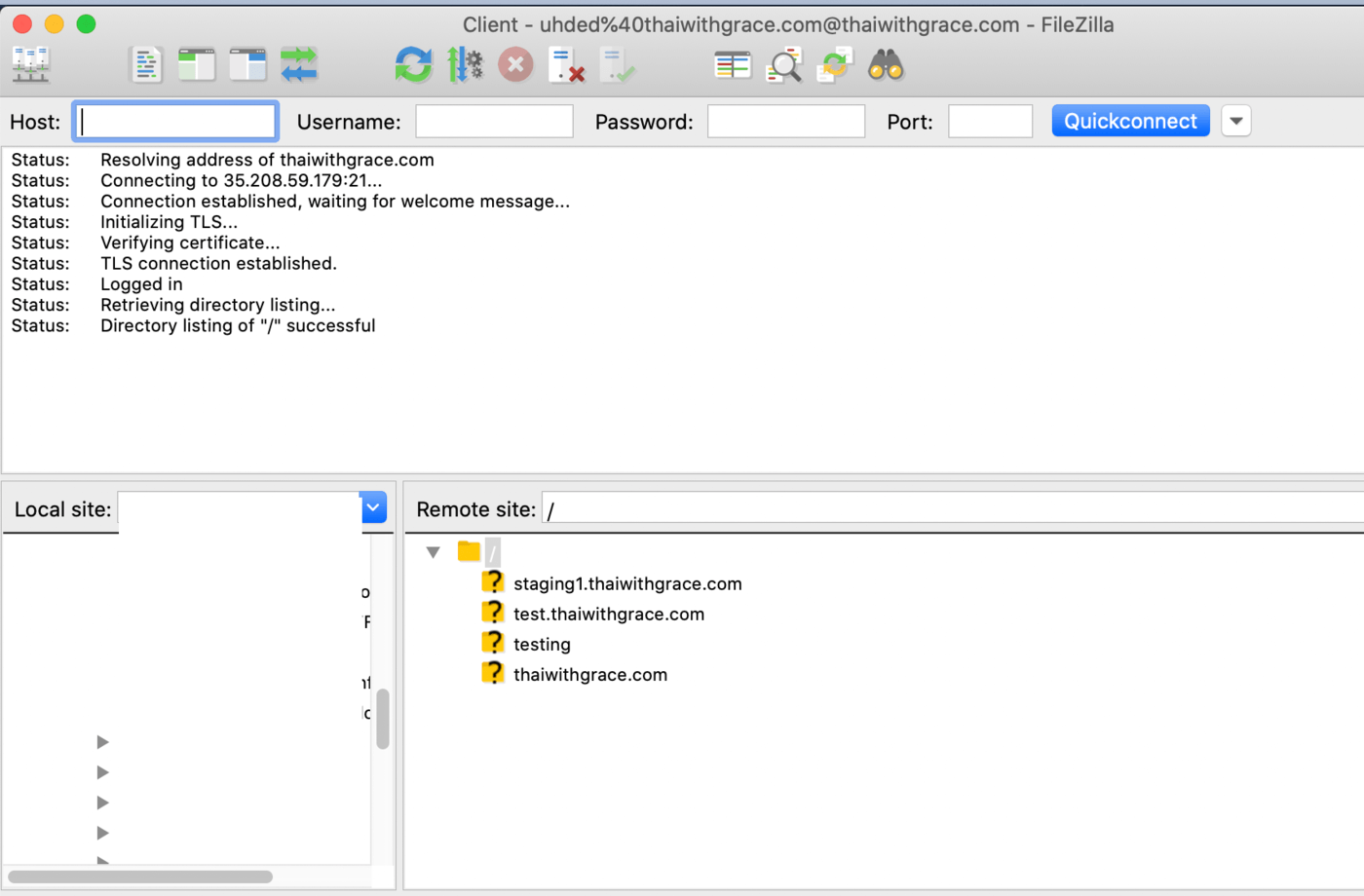
 Devs: Access developer tools, like the PHP manager and the app installer.įor the purposes of this article, we’re going to be working in the Email section. Statistics: See traffic, error, and access logs. Email: Set up and manage accounts, or connect your domain to a professional Gmail account. WordPress: Install and manage a WordPress site, create a staging site, migrate a site, and more. Speed: Access your caching services and Cloudflare. Security: Access security tools, like your backups and the site scanner.
Devs: Access developer tools, like the PHP manager and the app installer.įor the purposes of this article, we’re going to be working in the Email section. Statistics: See traffic, error, and access logs. Email: Set up and manage accounts, or connect your domain to a professional Gmail account. WordPress: Install and manage a WordPress site, create a staging site, migrate a site, and more. Speed: Access your caching services and Cloudflare. Security: Access security tools, like your backups and the site scanner.  Site: Access the site’s file manager and other management systems, like FTP and MySQL. See site information and statistics at a glance. Dashboard: Pin frequently used tools to the top, like WordPress installation or the file manager. Then, you’ll be brought to a page that looks like this:Īlong the left sidebar, you’ll see the different Site Tools you can access: Navigate to Websites, then click Site Tools to the right of the site you’ll be working with. After logging in, you’ll see a page that looks similar to this: After going to, the Login link is on the top-right of the homepage.
Site: Access the site’s file manager and other management systems, like FTP and MySQL. See site information and statistics at a glance. Dashboard: Pin frequently used tools to the top, like WordPress installation or the file manager. Then, you’ll be brought to a page that looks like this:Īlong the left sidebar, you’ll see the different Site Tools you can access: Navigate to Websites, then click Site Tools to the right of the site you’ll be working with. After logging in, you’ll see a page that looks similar to this: After going to, the Login link is on the top-right of the homepage. 
Let’s start by getting into SiteGround and accessing the Site Tools.
3.3 How to Configure SiteGround Email Using Gmail. 3.2 How to Configure a Non-Gmail Email Client. 3.1 How to Log In to SiteGround Webmail.










